Craving chips, candy, or fast food doesn’t mean you’re weak—it means your body’s asking for something. Hunger, stress, and even boredom can send mixed signals.
The good news? You can understand the craving and take control. This list shows why it happens and what to do instead.
1. Skipping Meals

Going too long without food makes blood sugar drop, which sends your brain running toward quick calories like chips or sweets.
You end up eating more later and feeling out of control. Skipping meals never leads to balance.
2. Not Enough Sleep

Lack of sleep confuses hunger hormones, boosting appetite and making junk food feel irresistible. The tired brain wants easy energy.
Late-night cravings hit harder, and self-control gets fuzzy. Sleep is more powerful than willpower.
3. Dehydration

Thirst often masquerades as hunger, leading to sudden cravings for salty or sugary snacks. The body gets confused.
Even mild dehydration can trigger false hunger cues. A glass of water might be all you need.
4. Too Much Stress

Stress spikes cortisol, which increases appetite and cravings for comfort food high in fat and sugar.
It’s a survival response—but the food rarely solves the stress. The fix has to start deeper.
5. Boredom Eating

Mindless snacking sneaks in when the day feels dull. The hand reaches for food before the brain even registers it.
Flavor breaks the silence of boredom, but the satisfaction never lasts. The root problem isn’t hunger.
6. Sugar Rollercoaster

Sugary snacks cause quick spikes and crashes, leading to more cravings soon after. It’s a constant chase for energy.
What starts as a treat can become a cycle. Balance keeps the ride smoother.
7. Low Protein Intake
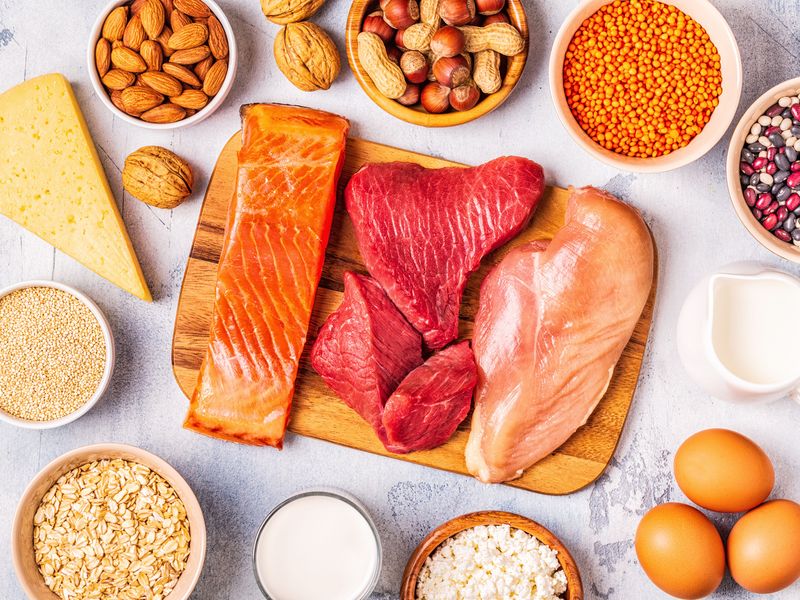
Without enough protein, meals don’t keep you full for long. Hunger returns fast, and junk food calls louder.
Protein helps you feel satisfied and stable. Without it, cravings fill the gap.
8. Emotional Triggers

Sadness, frustration, or even joy can cue cravings. Food becomes a way to numb or celebrate.
It feels helpful in the moment, but doesn’t solve the cause. The emotion stays.
9. Mindless Snacking Habits

Grabbing chips during TV or cookies after dinner can become automatic. Habit drives hunger more than need.
The routine runs on autopilot unless interrupted. Awareness is the first step to change.
10. Stick To A Meal Schedule
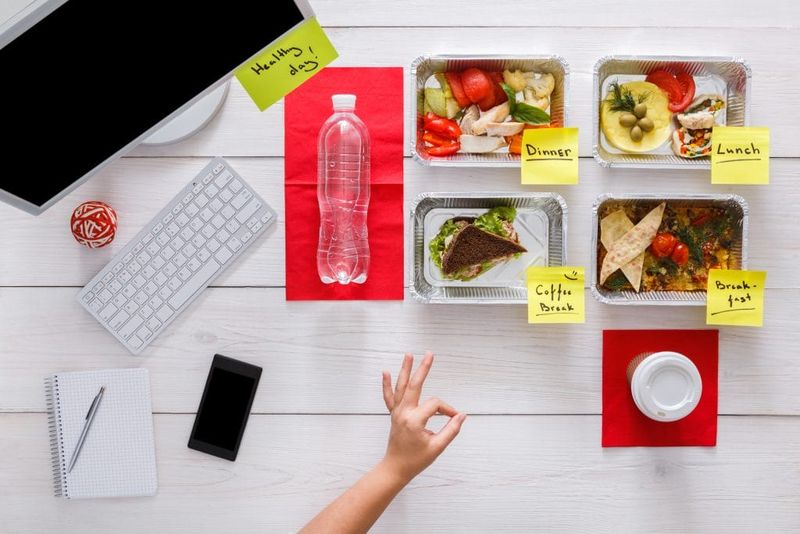
Eating at regular times keeps hunger in check and prevents sudden, intense cravings. Structure supports balance.
Even light meals count—your body thrives on rhythm. It’s easier to say no when you’re not starving.
11. Get Quality Sleep

A full night of rest helps reset appetite hormones and sharpens decision-making. Sleep helps reduce cravings naturally.
When your brain feels clear, food choices follow. Prioritize rest like you do meals.
12. Drink More Water

Staying hydrated keeps false hunger at bay and boosts energy. It’s a simple step with big payoff.
Try water before snacking to check if it’s thirst in disguise. Flavor it with fruit or herbs if needed.
13. Try Stress-Relief Activities

Walks, music, deep breathing, or even doodling can lower stress without involving food. The craving often fades.
Caring for yourself in other ways quiets the signal. Find what soothes beyond the snack.
14. Keep Busy With Fun Tasks

Engaging activities—crafts, games, reading—pull focus away from the fridge and toward joy. Cravings lose their grip.
When your mind’s busy, food fades into the background. Boredom has less space to grow.
15. Eat More Fiber And Protein
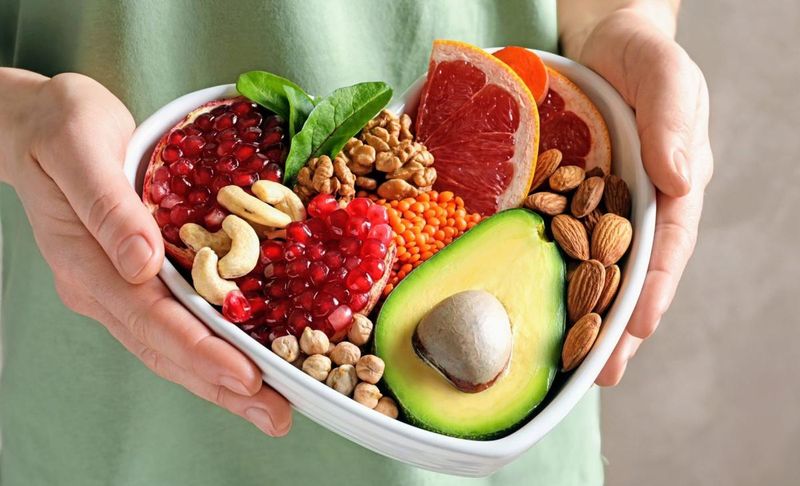
Balanced meals with fiber and protein keep you full longer and reduce crashes. You feel steady between meals.
Chia seeds, beans, eggs, or chicken can all help. Stability cuts down the craving spiral.
16. Plan Balanced Snacks
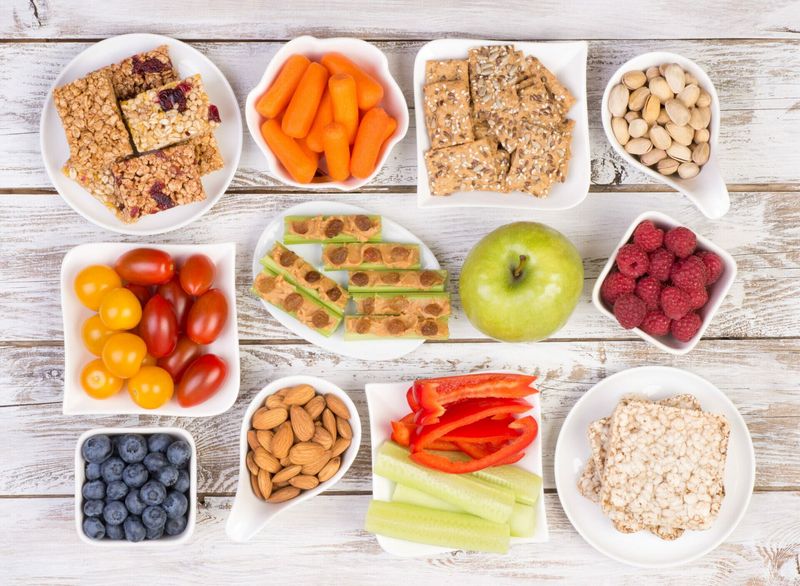
Having prepared options makes healthy eating easier when hunger strikes. Fruit and nuts beat chips from the bag.
Snacks with protein and fiber keep cravings calm. Planning takes out the guesswork.
17. Address Emotions In Healthy Ways

Talking to a friend, journaling, or taking a walk can process emotions without food. It’s healing, not hiding.
You’re not bad for feeling things—just human. Let feelings come and go without stuffing them down.
18. Create A Snack-Free Zone
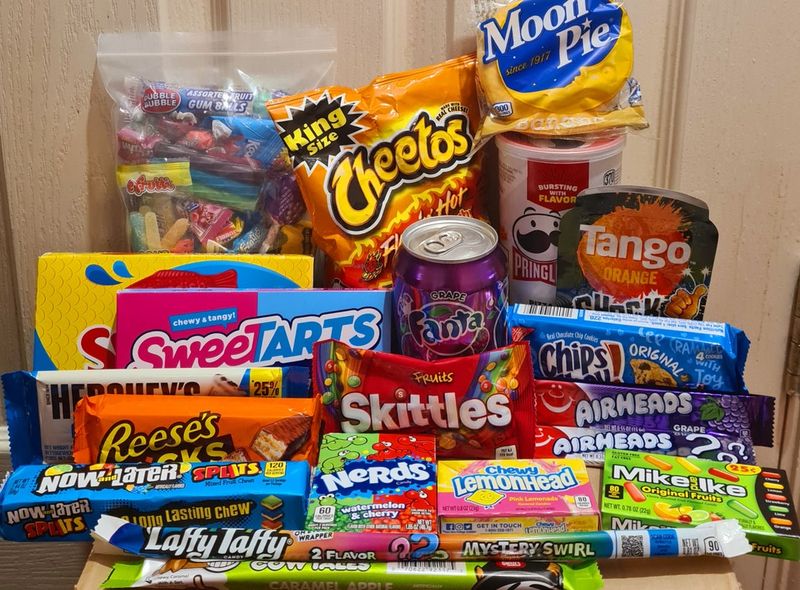
Keep tempting foods out of sight, and set clear zones for meals and snacks. Structure helps reduce impulse eating.
A clutter-free kitchen reduces autopilot munching. Design the space to support how you want to eat.

